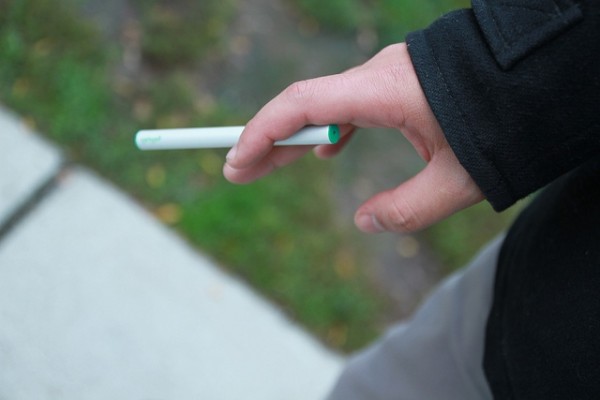Receiving Anti-Smoking Texts can Help People Quit: Study

Text messages can help heavy smokers get over their smoking addiction, finds a study.
People who are struggling to quit smoking can benefit by receiving timely messages than following tips in self-help material. Experts from the George Washington University in Washington developed a text messaging program that sent nearly five text messages every day to smoking addicts and gradually reduced the number of texts to two and one in a week. The messages mostly warned about health repercussions of smoking tobacco and money saved by quitting cigarette smoking.
Their experiment involved over 500 smokers who either received messages or self help material that motivated them to cut down or stop smoking to assess its impact on smoking behavior. These participants had to choose a particular date they planned to stop smoking and were followed during the first, third and sixth month after the study.
The subjects were allowed to pick a new date and restart the program in case their smoking relapsed. The researchers also measured the smokers' saliva samples for cotinine, a biomarker of tobacco use.
It was observed that 11.1 percent of subjects who received texts managed to get over their addiction compared to mere 5 percent of those from the control group. Nearly 20 percent of the participants reportedly quit smoking.
"Previously, phone texting programs to help people quit smoking have been shown to be effective in other countries. This is the first long-term study in the United States," said Lorien C. Abroms, study author and associate professor of prevention and community health at the George Washington University, in a news release.
This anti-smoking text message program is an inexpensive method to help smokers permanently kick the butt, believe the authors. The texts contain 25 percent of smoking quit lines that are often used by health professionals while counseling. This program can be made more accessible as a 'stand-alone service' or combining with telephone counseling.
"Anything that can help anyone quit is good. You need a variety of techniques available," said Chris Bostic, J.D., deputy director for policy at Action on Smoking and Health, an advocacy group in Washington. "Even if something like texting only has a marginal effect on the quit rate, it should be added to menu of options available to smokers who want to quit."
More information is available online in the American Journal of Preventive Medicine.
Jun 11, 2014 08:48 AM EDT





